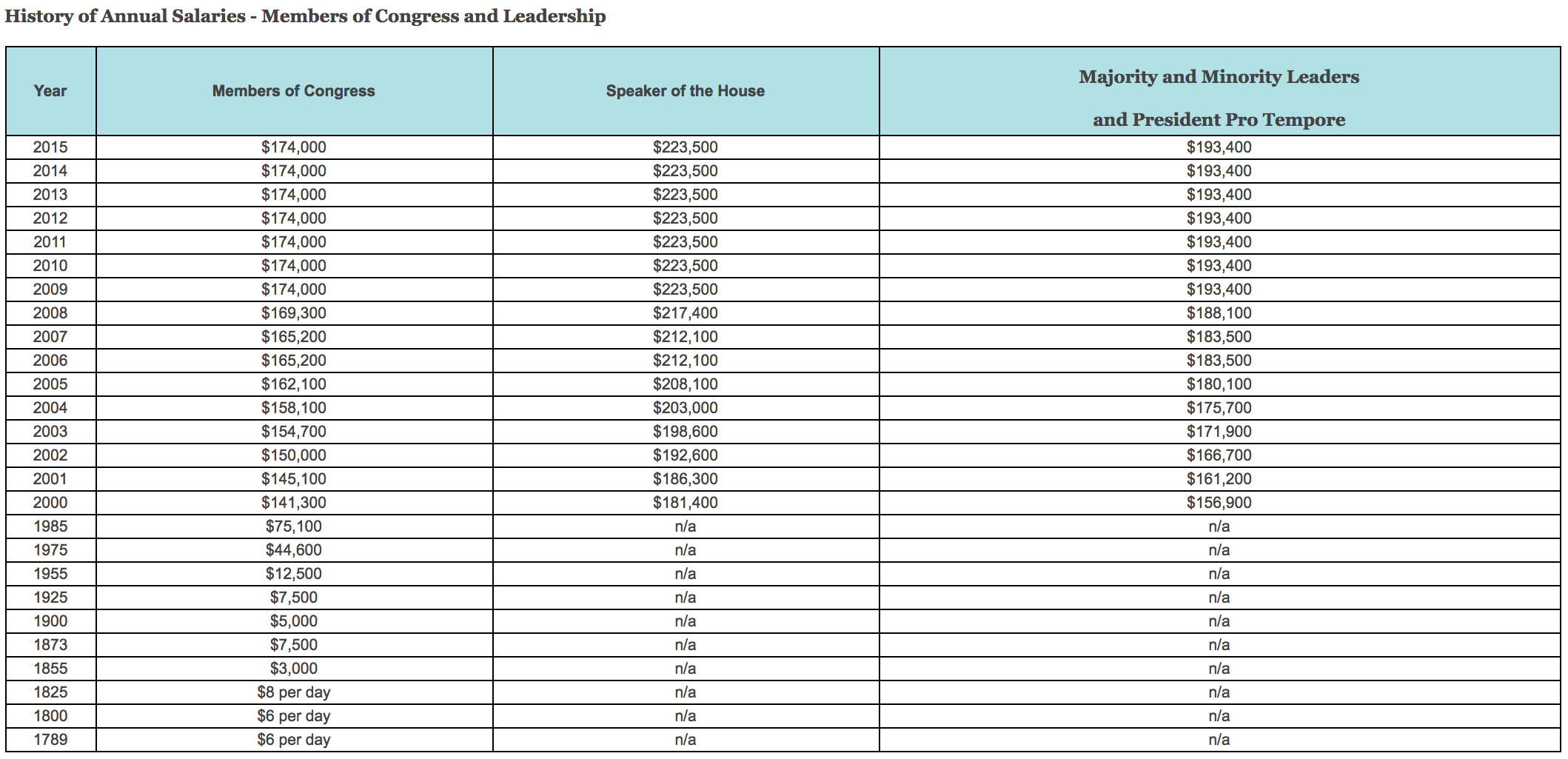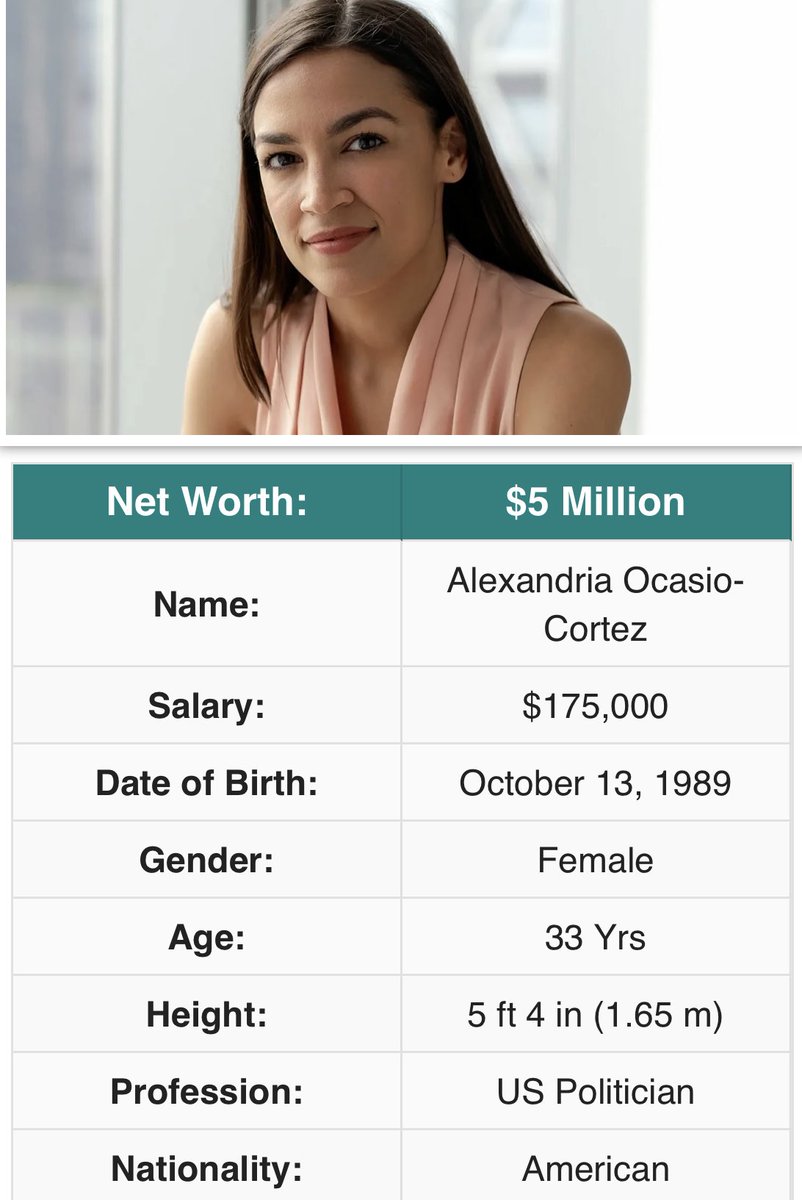Google Search Fails: Common "No Results" Errors & Solutions
Is the information age truly delivering on its promise of boundless knowledge? The echoing silence of a search engine, yielding only the stark message "We did not find results for...", speaks volumes about the limitations of our digital landscape and the enduring importance of clarity and precision.
The frustrating experience of repeated search failures, a digital dj vu where the user's query is met with a blank stare, highlights a crucial aspect of information retrieval: the fragility of our access to knowledge. Each instance of "We did not find results for..." represents a missed opportunity, a pathway to understanding that remains stubbornly closed. The prompt "Check spelling or type a new query" then serves as a cold, clinical reminder of our dependence on accuracy, the slightest error in our digital explorations leading us down a dead end. The repetition of this message, a recurring motif across the digital sphere, underscores a fundamental issue: the need for precision in both the formulation of queries and the indexing of the information that we seek. It forces us to consider whether the very tools meant to liberate us are, in some cases, also limiting our ability to explore, discover, and learn.
Let's delve a little deeper into the implications of these frustrating encounters. The constant refrain of "We did not find results for:" is not just a minor inconvenience; it symbolizes a systemic problem. In a world awash in data, the inability to surface the relevant information points to shortcomings in search algorithms, indexing methodologies, and, at times, the very structure of the web itself. This forces us to confront the biases that may be present in data, the issues in data curation, and the overall accessibility of crucial information. The message thus speaks to a critical need to refine both our own search techniques and the tools that serve as our gateways to the digital world.
The persistence of the "Check spelling or type a new query" suggestion further complicates the picture. While it is a practical prompt, it also casts a certain degree of blame on the user. While it's vital to ensure accuracy, it's equally critical to recognize that language is fluid, and that different words or phrases might contain the same information. The reliance on perfect spelling and standardized terminology implies that anyone who deviates is, in some manner, deficient, therefore limiting the capacity for the system to comprehend the nuanced aspects of our everyday communication. What is required is not simply the correction of spelling, but the ability of search engines to understand context and intent, going beyond literal matches to retrieve the information a user is seeking.
Consider the following table. This table provides a hypothetical example of what the information could look like, and how it could be presented in response to search engine limitations. (Please note that the data below is for illustrative purposes only, and no real person is being represented.)
| Category | Details |
|---|---|
| Name | Eleanor Vance |
| Date of Birth | March 12, 1978 |
| Place of Birth | Portland, Oregon, USA |
| Education | BA in Journalism, University of Oregon; MA in Communication, Stanford University |
| Career | Investigative Journalist, The Seattle Times (2002-2010); Senior Editor, Pacific Northwest Magazine (2010-2018); Founder and Editor-in-Chief, The Investigative Report (2018-Present) |
| Key Achievements | Pulitzer Prize finalist for a series on environmental pollution (2008); Numerous national journalism awards; Established a successful independent online investigative news platform |
| Areas of Expertise | Environmental policy, public health, corporate malfeasance, investigative reporting, digital media |
| Published Works | "The Toxic Tide: A History of Coastal Pollution" (2012); Numerous articles in The Seattle Times, The Atlantic, and The New York Times. |
| Awards and Recognition | Society of Professional Journalists Award, Online News Association Award |
| Website | The Investigative Report |
| Contact Information | (Hypothetical example only. No real contact information is provided.) |
The limitations we see in search results are not static; they evolve along with the evolution of information itself. Consider the rise of complex search queries and the need to integrate both structured and unstructured data. If the search engine does not understand how to parse and contextualize the query, the likelihood that the users needs will be satisfied becomes much smaller. Search engines need to become smarter to meet these needs. This requires a combination of sophisticated algorithms, advanced natural language processing, and a deep understanding of the relationship between queries, metadata, and content.
The challenge goes beyond mere technological fixes. It demands a critical examination of the ways in which we create, curate, and disseminate information. If data is poorly indexed, if keywords are inaccurate, and if the metadata of information is lacking in context, then search engines will constantly struggle to deliver accurate results. The quality of the data we put in determines the value of the results we get out. This requires a commitment to standards of indexing, the use of controlled vocabularies, and a focus on comprehensive metadata to help search engines comprehend the rich and complex relationships between pieces of data.
The search experience itself is worth investigating. While search engines have been improved over time, there are still a number of gaps. A key aspect of any search strategy is the concept of implicit search, where search engines anticipate what a user needs even before the query is complete. This makes for a more intuitive and personalized experience. Another vital trend in the digital age is the integration of multiple search formats. Users don't simply want text anymore; they want images, videos, and interactive data visualizations. Furthermore, its vital that search engines support many different languages and offer contextual information so that users get what they need, no matter their level of knowledge.
It is worth considering the potential for more effective user interfaces. A search engine should be a dynamic tool that is constantly learning from user interactions. The ideal interface ought to allow for filtering, sorting, and contextual understanding, offering users a much more interactive and exploratory experience. The results of searches should be interactive. For example, if someone is trying to find information about a particular scientist, the results of their search might include not only the standard biographical details, but also a timeline of key events, their scientific contributions, and links to associated academic studies.
The future of search may also involve integrating new technologies. Artificial intelligence (AI) and machine learning (ML) offer exciting opportunities to personalize the search experience. By evaluating a users past interactions, preferences, and search history, AI algorithms can anticipate their needs and provide much more tailored results. Furthermore, AI can significantly improve the accuracy of search by analyzing not just keywords but the context of the query, the relationships between concepts, and the general patterns of language. AI may allow search engines to comprehend nuance, to filter out irrelevant data, and to provide the most useful information in a timely and accurate way.
The human element will remain important in this ever-changing landscape. Because search engines are tools for people, the human role in structuring, curating, and interpreting information will always be essential. This involves expertise in a variety of fields, including information science, librarianship, and journalism. It also means cultivating an awareness of the ethical implications of the way we present information and a commitment to accessibility, inclusion, and fairness in our digital world. The capacity of search engines to accurately deliver results will depend on the cooperation between technological and human capabilities.
Moreover, there are implications for the way we teach and learn. In an age when information is so readily available, it is important to teach skills in information literacy and critical thinking. Students need to be able to evaluate sources, recognize bias, and distinguish between credible and unreliable information. Students should also learn to phrase search terms in a way that maximizes accuracy, to navigate search interfaces effectively, and to interpret information in a responsible manner. This requires a change in educational methodologies, shifting the focus from the rote memorization of facts to the development of analytical, evaluative, and communication skills.
Finally, the failure of a search to provide useful results can trigger a chain reaction of frustrations, influencing how we perceive the world, and limiting our capacity to learn and grow. The importance of this point is that a broken search experience is, at heart, a problem of communication. It is a failure of the system to comprehend the intent and the needs of the user. As we develop more complex and powerful technologies, we must not lose sight of the human element. We must prioritize clarity, accuracy, and access in the creation, dissemination, and retrieval of knowledge. In the end, the quest for better search results is a quest for a more informed, connected, and knowledgeable society.
The repeated encounters with "We did not find results for:" are not just simple digital inconveniences, but they serve as powerful reminders of the ongoing efforts to improve our access to information. Addressing these issues, be they technical, human, or systemic in nature, is crucial for progress and should not be taken lightly. By accepting these limitations and actively working to surpass them, we can create a future where the digital world truly reflects the vast richness of human knowledge and discovery.

How Much Does AOC Make A Year In Congress? Financial Samurai

Chadwick Paul on Twitter "How is AOC worth 5 million with an annual salary of 175k?"

AOC’s Salary Is in the Six Figures—Here’s How Much Congress Members Make